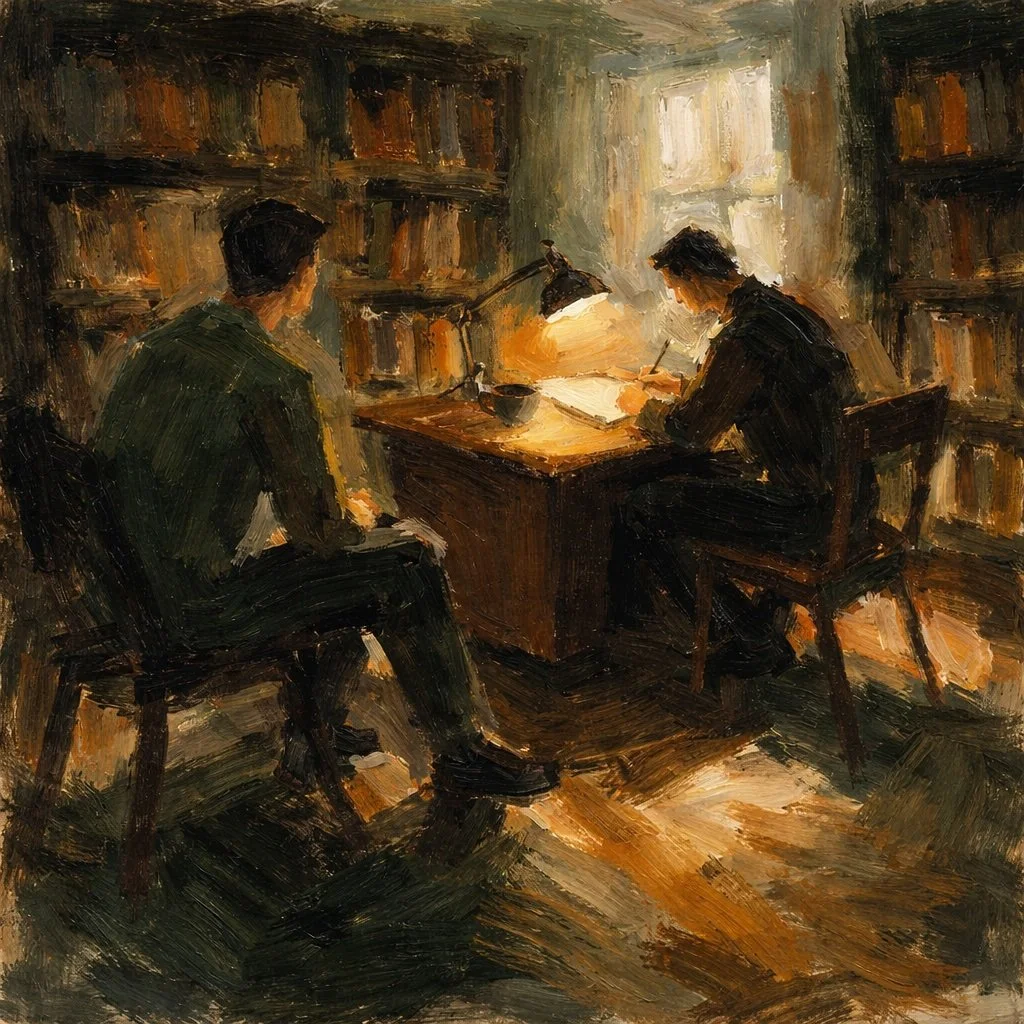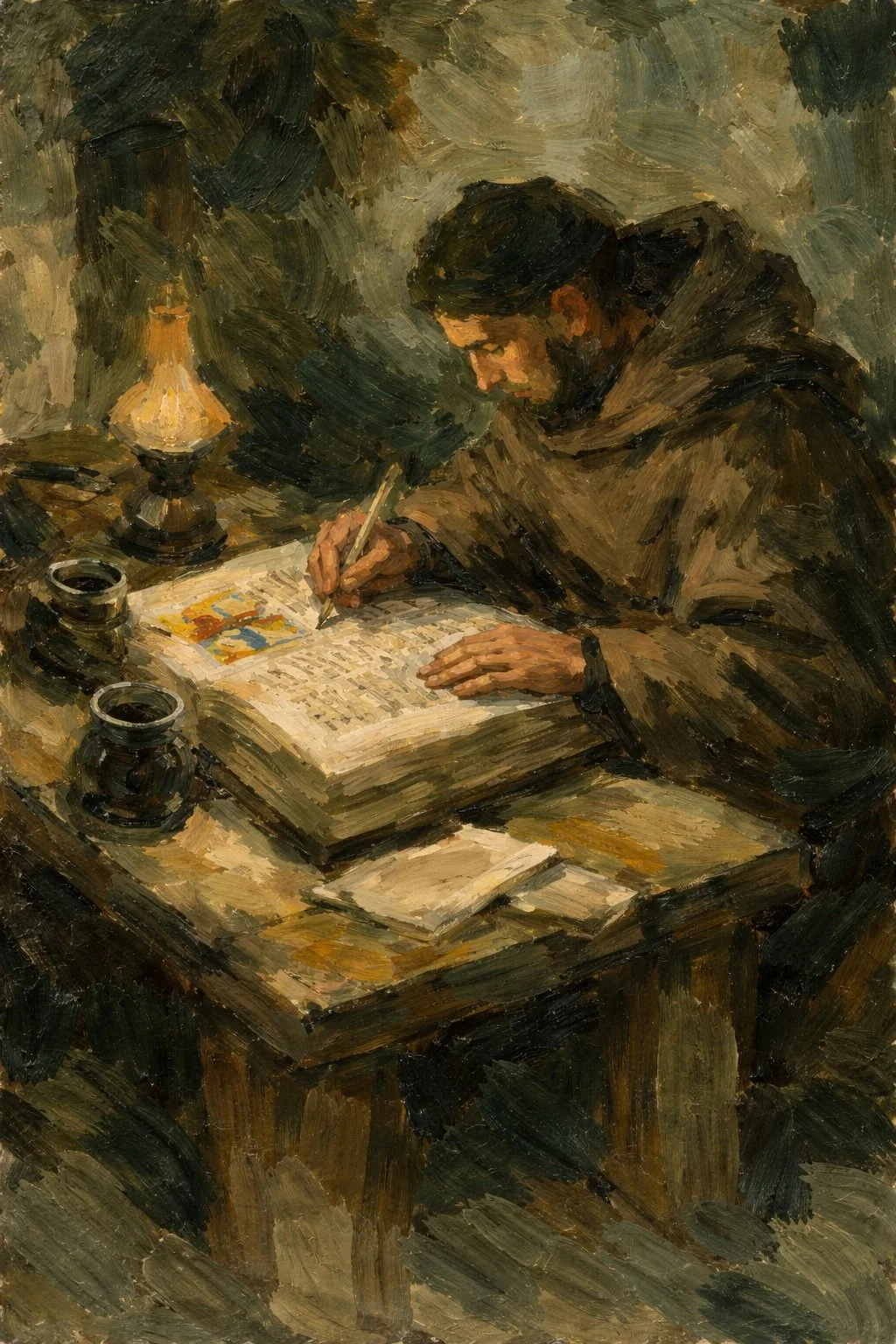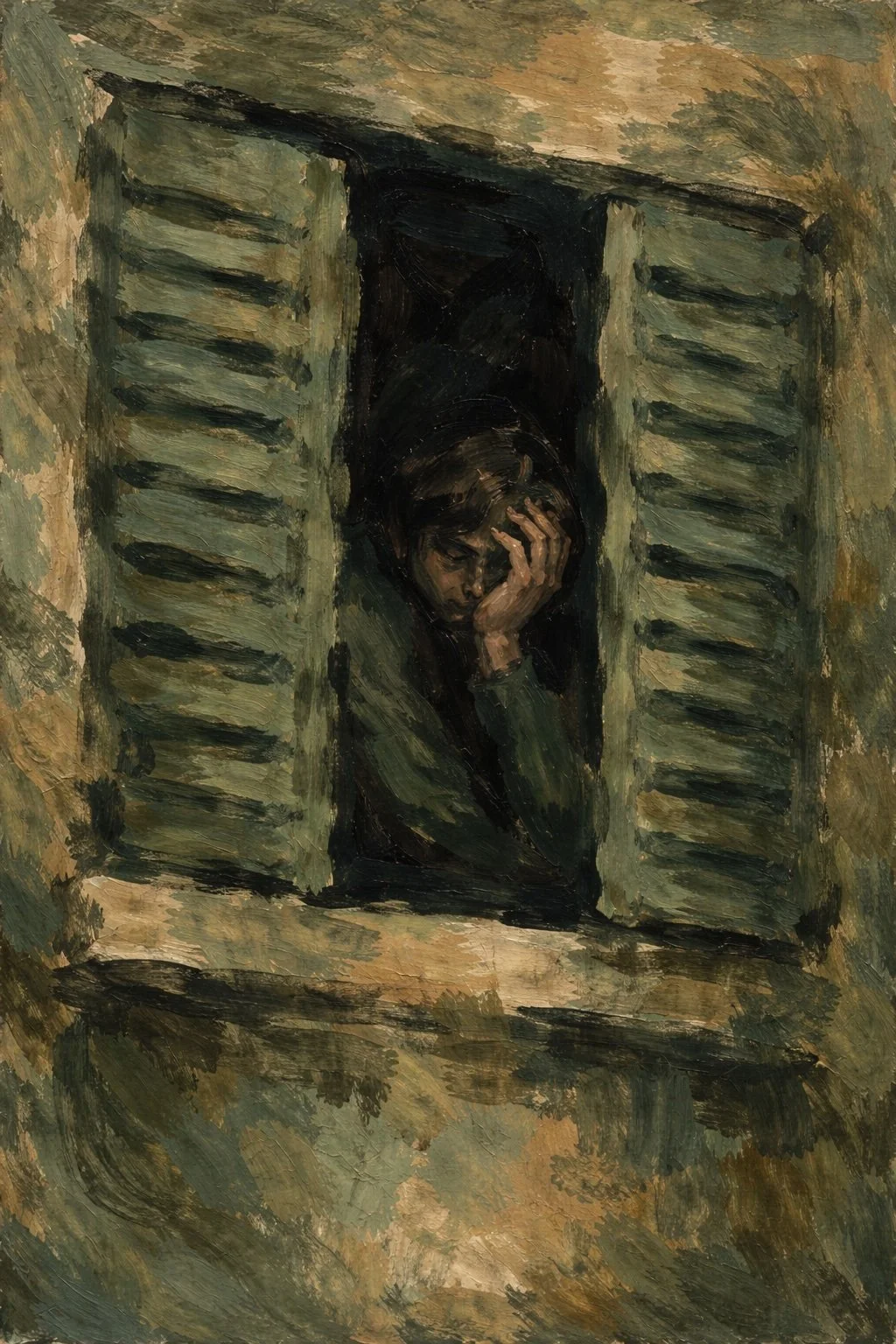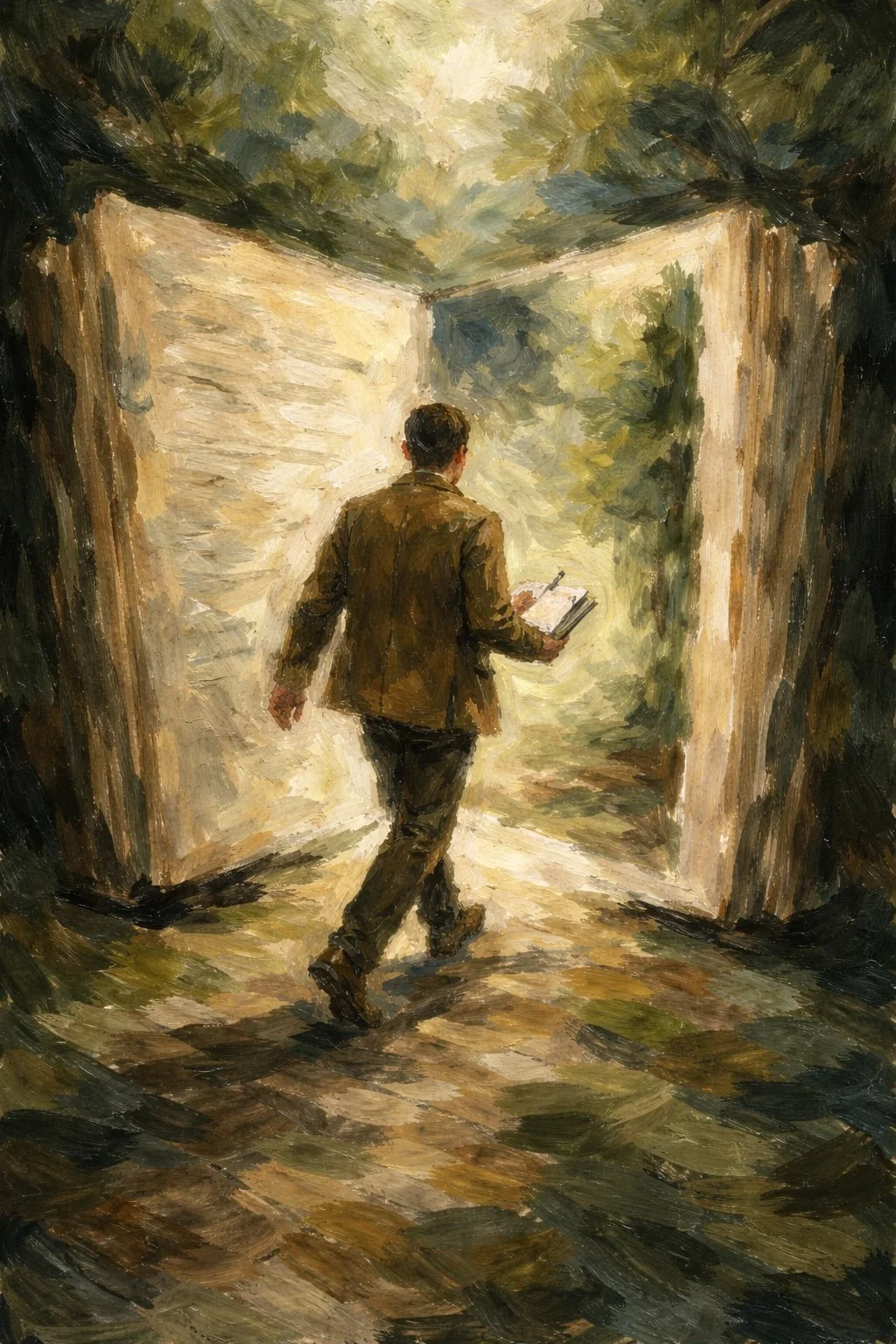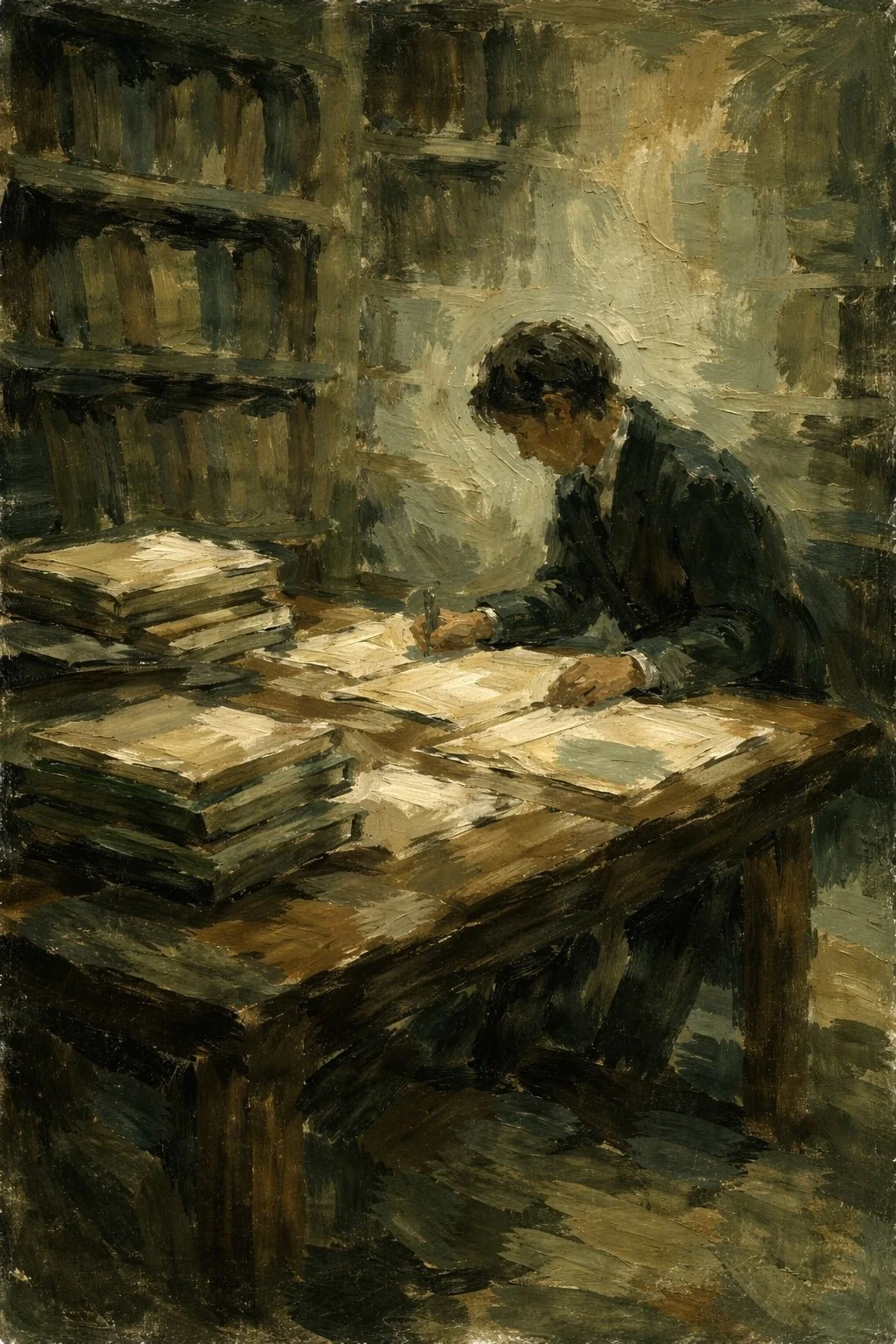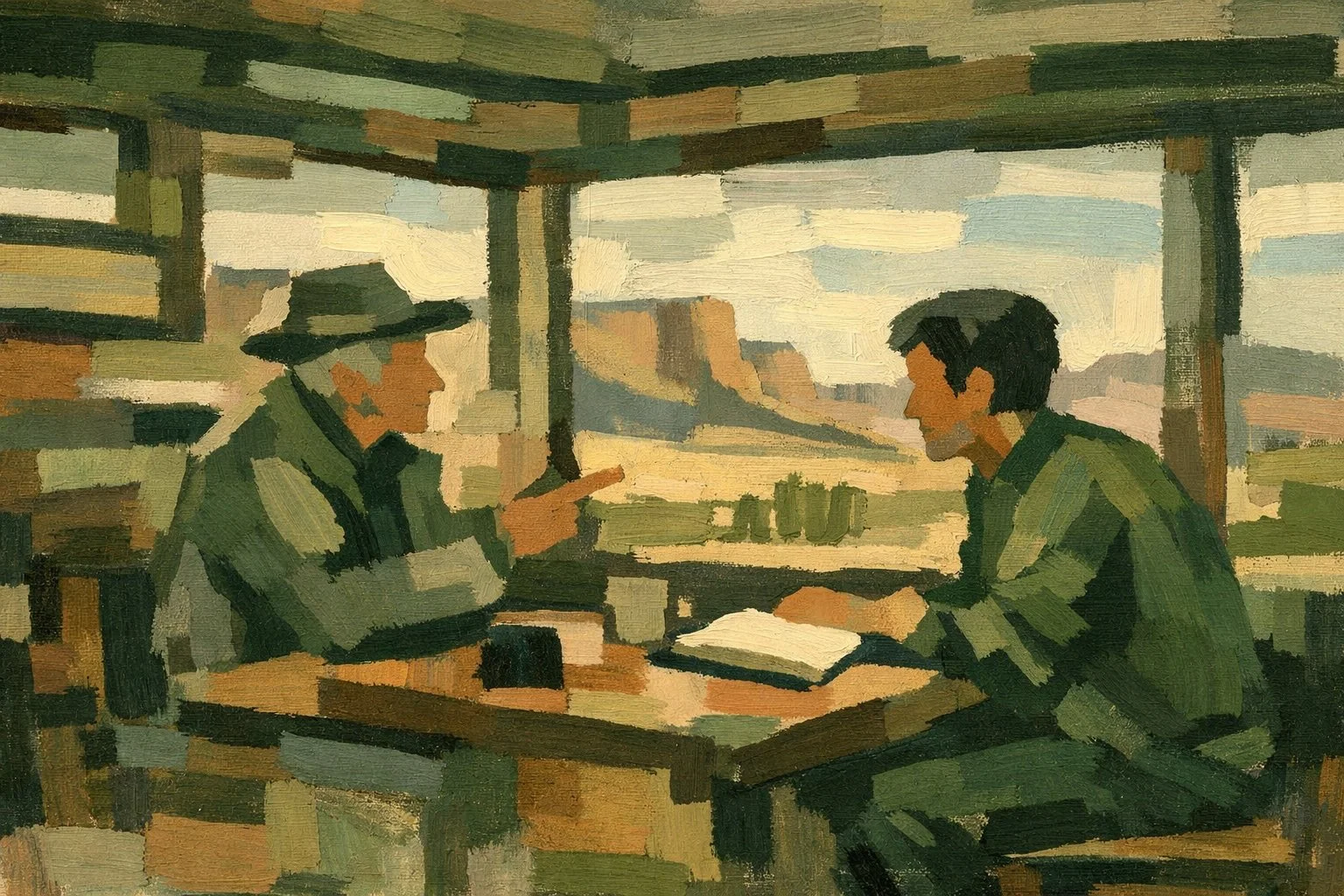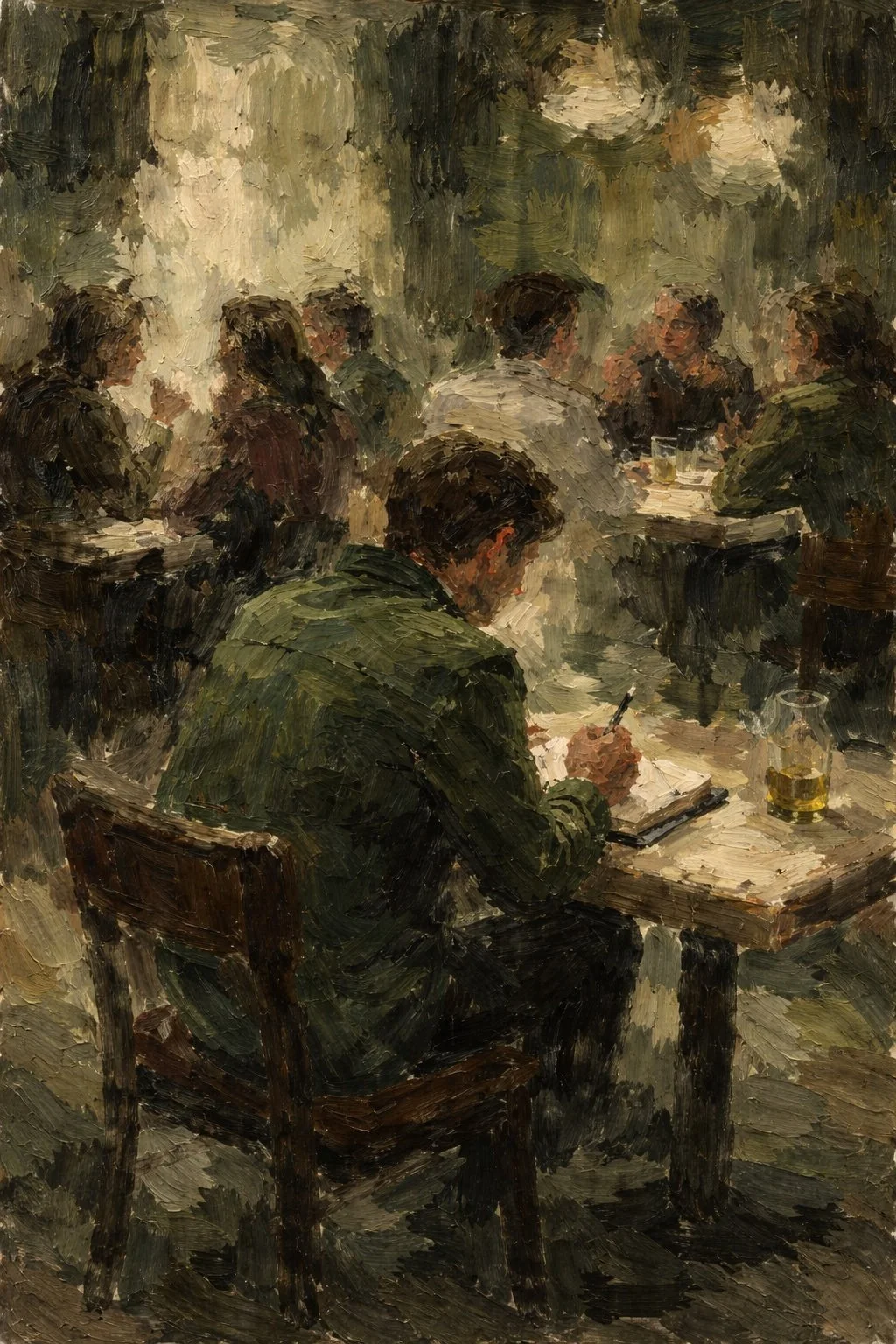Welcome to our informational blog.
Topics covered include literary theory and practice, academic writing techniques, philosophy of education, and explanations of our methods for strengthening creative intelligence.
Constantine P. Cavafy and the Poetics of Historical Longing
Writers drawn to myth and history sometimes feel pressure to sound elevated. They reach for archaic diction or grand pronouncements. Cavafy’s example shows that you don’t really need grand flourishes. A plainspoken line, placed carefully, can carry more force than elaborate rhetoric. A creative writing coach attentive to voice can guide them back towards that kind of precision.
Systems of Magic and Moral Order
The deeper challenge lies in designing a system of magic whose constraints align with the thematic core of the novel. Fantasy manuscripts often arrive with ambitious worlds and complex lore. What they sometimes lack is a clear relationship between power and principle. A book writing consultant reads for this underlying architecture.
What Fiction Writers Can Learn from Screenwriting Structure
A screenwriting coach trained in dramatic structure reads a script with an eye toward propulsion. Coverage notes may address whether the inciting incident arrives too late, whether the protagonist’s desire remains murky, or whether the climax fulfills the narrative promise.
Mentorship as Apprenticeship in an Anti-Apprenticeship Age
When a writer works alone, it is often easy to drift. Drafts accumulate without pressure to revise them fully. Author mentorship introduces a witness, someone who expects to see the next version and who will read it closely. That steady presence can be essential to cultivating a disciplined writing practice.
Persona and Performance: How Much of the “I” Is Constructed?
Who is telling this story? From what distance? With what knowledge of consequences? Is the narrating self older and reflective, or immersed in the immediacy of youth? A professional writing coach listens for inconsistencies in the narrative voice and helps the writer identify the emerging persona.
Rilke’s Letters and the Education of the Poet
The letters themselves demonstrate a paradox: the ethos of creative solitude is taught through relationship. Effective author mentorship, especially in poetry, involves holding two commitments at once. On one level, the mentor offers concrete guidance about structure, image, rhythm, and revision. On another level, the mentor protects the writer’s interior space.
Four Movements: Seasonal Structure in Fiction
Many drafts have a vague sense of time. A manuscript that feels diffuse may gain clarity when anchored to a defined temporal arc. A book writing coach can help a writer identify latent seasonal markers already present in the work.
The Economics of the Writing Life Through History
The gatekeeping structures remain real, yet the pathways into publication have multiplied. Agents, independent presses, hybrid models, and direct-to-reader platforms coexist. Success depends not only on the manuscript but on strategic positioning. A book publishing consultant can offer informed guidance about the ecosystem in which a manuscript will circulate.
Literature of the Borderlands
Code-switching, dialect, and multilingual dialogue need careful handling. A freelance writing consultant can read closely for rhythm and clarity. Are the shifts in language grounded in character? Do they arise naturally from context?
The Village as Microcosm
An online writing coach helps clarify scale. In a small community narrative, every scene must carry relational consequence. If two characters argue in private, who else will hear of it? If a secret is revealed, how far will it travel?
Writing From a Distance
For writers working on manuscripts rooted in a hometown or a former country, accuracy alone rarely carries the work. Emotional truth determines whether the setting feels inhabited. Distance offers perspective, yet it can invite romanticization or harsh simplification. Craft requires steadiness in the face of both impulses. Author mentorship helps a writer notice when a portrayal drifts toward caricature or nostalgia.
Writing From Shame
Many writers feel the impulse to disguise or soften their own experiences. The fear of being judged can lead to evasive language or melodrama. A skilled book writing consultant can identify where the prose begins to generalize and where scenes become abstract instead of embodied.
The Writer as Character: When the Author Steps Into the Story
When a writer has embedded themselves in a story, it is difficult to see clearly from inside it. A thoughtful manuscript assessment with a literary coach can help evaluate whether the authorial figure generates dramatic tension or drains it.
The Lyric Essay and Memoir
For memoirists who feel constrained by linear storytelling, the lyric essay provides another path. It invites attention to rhythm and recurrence. It asks the writer to think in patterns rather than plots. With careful guidance from a creative writing coach who can see both the fragments and the emerging whole, those patterns can gather a life of their own.
Speculative Fiction and the Urgency of Now
In speculative manuscripts, it is often difficult for a writer to see where the emotional thread has thinned beneath layers of invention. A book writing mentor, reading with fresh eyes, notices when a world feels textured but uninhabited. The guidance matters because speculative fiction demands two simultaneous disciplines. The writer must construct a credible alternative reality and sustain psychological depth within it.
Writing from the Margins of the Archive
Writers working with fragmentary sources sometimes worry that gaps in the historical record will read as insufficient research. Manuscript consultation helps the writer focus on the narrative work that silence is doing and how it is positioned within the structure of the book.
The Long View: Making Work Outside Literary Centers
Outside literary hubs, the role of a creative writing mentor becomes especially relevant. A mentor is someone who remembers what the work looked like six months ago, a year ago, before the writer themselves has forgotten. That memory matters more than approval.
The Writer as Listener: Craft Lessons from Overhearing, Eavesdropping, and Accidental Dialogue
Book coaching services help a writer learn how to work with what they have actually gathered from life, rather than forcing it into preconceived structures. Many writers bring pages full of vivid, overheard dialogue to a draft and feel unsure why the scenes still fall flat. The issue is rarely authenticity, but rather placement and emphasis.
The Ethics of Writing Without Reply
When a writer has lived with material for years, blind spots form naturally. A book writing consultant who reads with distance can point out where a portrayal tips from specificity into caricature, or where a scene gains energy by diminishing someone else. A publishing consultant also understands how these ethical questions intersect with the audience that reads the work.
Character Under Pressure
People are revealed not by who they say they are, but by how they move through the limits imposed on them. When literary coaches teach writers to build pressure thoughtfully, character stops feeling like something to invent and starts feeling like something that happens naturally.





